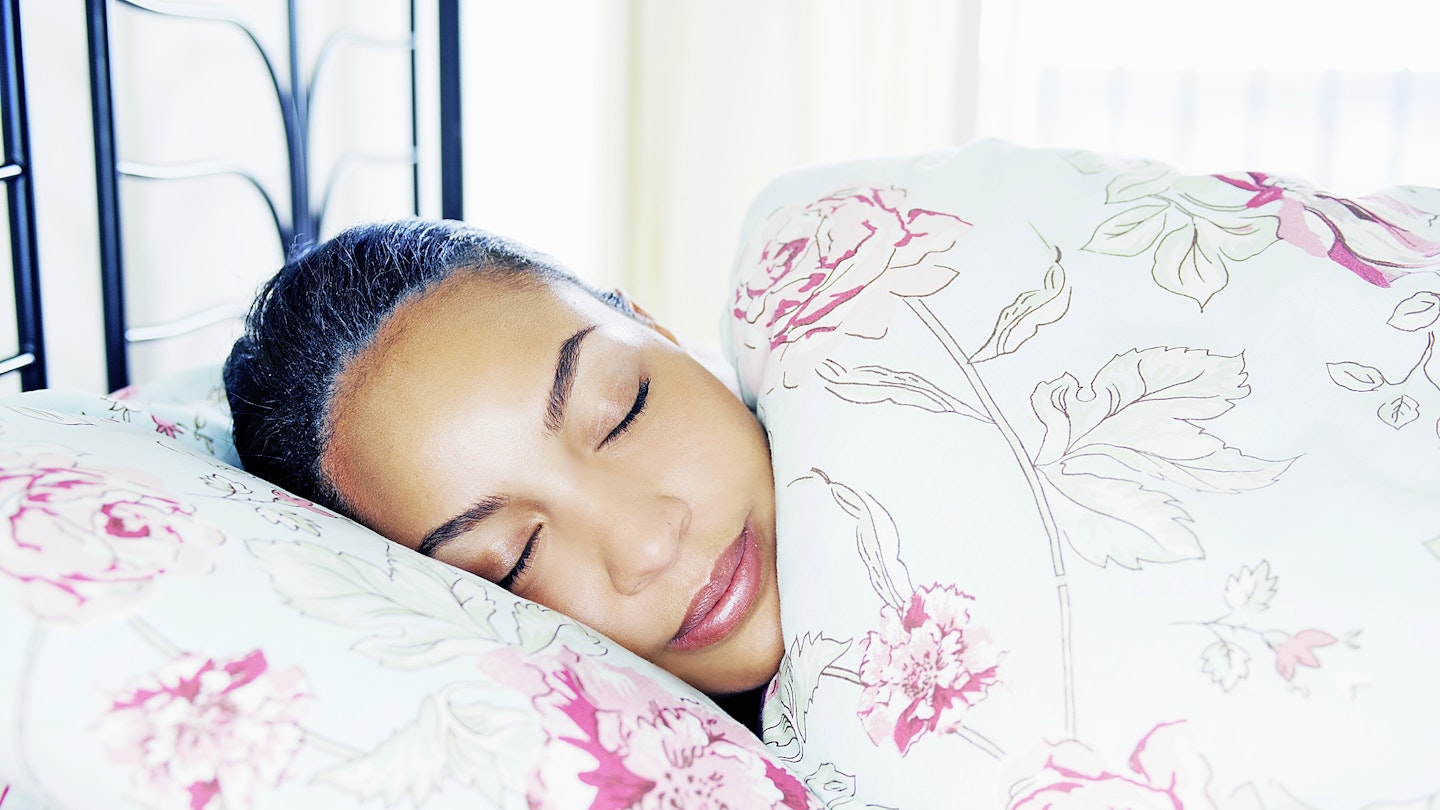Getting better sleep could have a multitude of benefits, including improved mood, and better mental and physical health
Reset your routine
Late nights and lie-ins can play havoc with your body’s circadian rhythm — the internal ‘clock’ which controls your energy levels. A regular bedtime will signal to your body that it’s time to feel tired, meaning you’ll drop off easily.
Declutter your bedroom
Studies show that those who have a messy and cluttered bedroom have a worse night’s sleep due to increased stress levels. Have a clear-out and tidy up to create the perfect sleep oasis.
Reduce light pollution
Melatonin, the hormone responsible for controlling your body clock, is produced in the brain at night, meaning exposure to light before bed can suppress its production and prevent you from feeling tired. Avoid this by dimming lights and limiting screen time for at least 30 minutes before bed.
Eat more avocados
Foods high in magnesium, such as avocados, bananas and almonds, could help you drift off into a deep sleep. This is because magnesium decreases levels of the stress hormone cortisol, helping us to feel more relaxed.
Keep a sleep journal
Make a note of everything from the time you go to sleep and what wakes you up during the night — to the food you’ve eaten, your amount of screen time, and your day’s activities. After a month, you’ll be able to identify which factors help and hinder your sleep.

